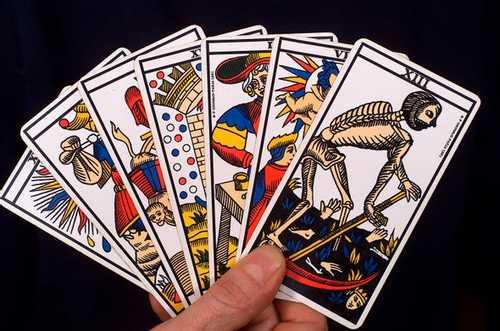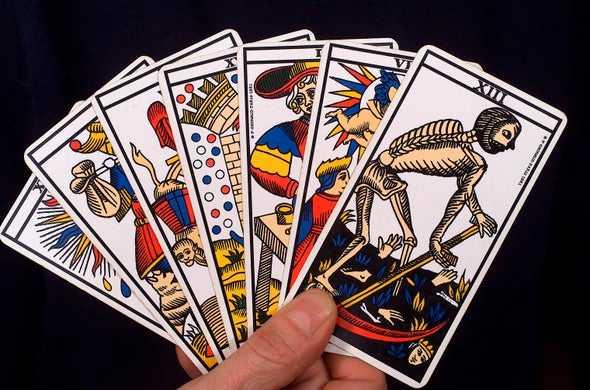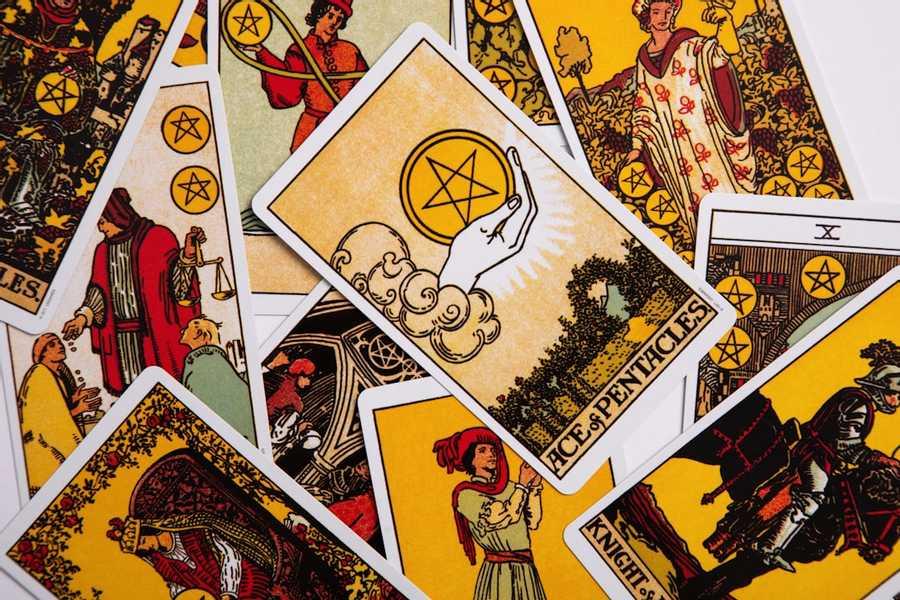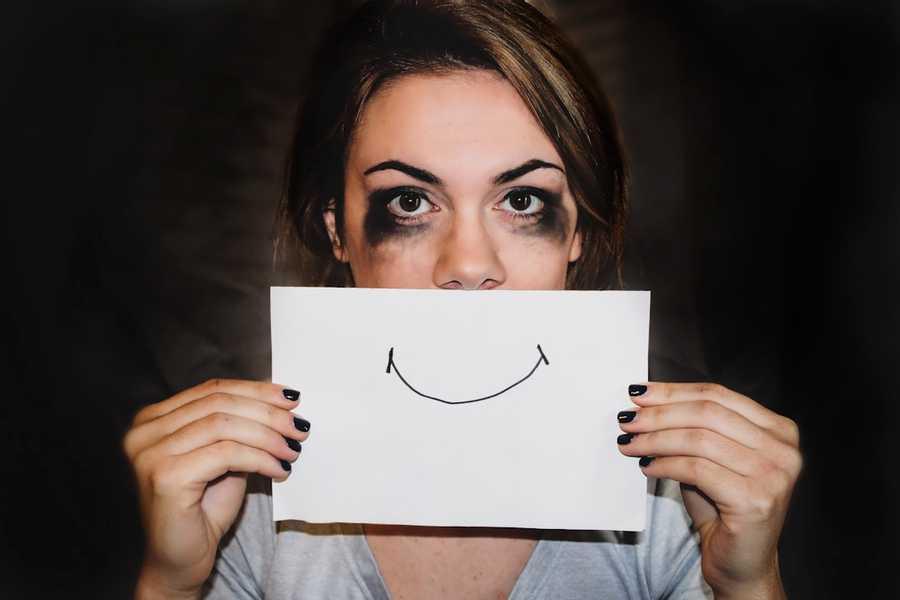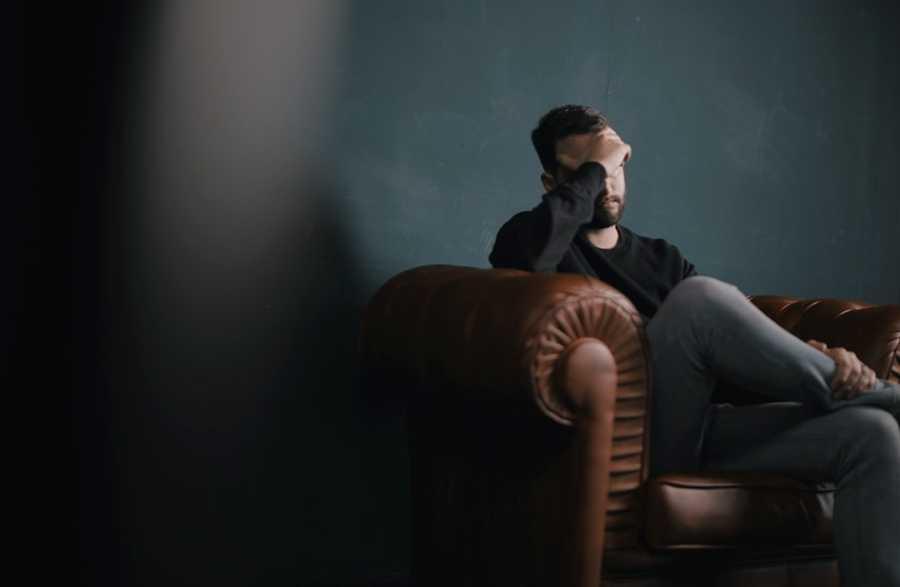Astrology, Tarot Cards and Psychotherapy
Curated from: blogs.scientificamerican.com
Ideas, facts & insights covering these topics:
12 ideas
·1.9K reads
18
Explore the World's Best Ideas
Join today and uncover 100+ curated journeys from 50+ topics. Unlock access to our mobile app with extensive features.
Pseudoscientific Practices - Astrology & Tarot Cards : Why and Who Seek Them
- With psychotherapists’ encouragement, troubled people are seeking solace in pseudoscientific practices such as astrology and tarot cards
- “People are putting their trust — and their money — into these practices, which they view as pathways to enlightenment,” Sanam Yar reports in The New York Times.
- Those who favor these alternatives tend to be young, female and affluent, Yar notes.
47
448 reads
Psychotherapists Incorporation of these Practices
- Some psychotherapists incorporate these unconventional practices into their therapy, or at any rate do not discourage patients from pursuing them.
- “I’m not teaching it, but I’m not saying you can’t bring this into the room,” California psychologist Charlynn Ruan told Yar.
- Nicolle Osequeda, a Chicago-based therapist, said she “supports the use of any safe methods that her patients find helpful.”
- New York psychologist Jonathan Kaplan said that if “someone is pursuing psychological evidence-based therapy while meditating with crystals while Mercury is in retrograde, I’m fine with that.”
45
202 reads
Surging Interest in Astrology
- Interest in astrology is surging, especially among millennials.
- The shift began with the advent of the personal computer, accelerated with the Internet, and has reached new speeds through social media.
- In times of crisis, it is often said, people search for something to believe in.
- Unlike therapy, where a client might spend months or even years uncovering the roots of a symptom, astrology promises to get to answers more quickly.
42
193 reads
Some Statistics
- A 2017 poll found that 30 percent of Americans believe in astrology, but the number of people with at least a casual interest might be much higher.
- In its penetration into our shared lexicon, astrology is a little like psychoanalysis once was.
- At mid-century, you might have heard talk of id, ego, or superego at a party; now it’s common to hear someone explain herself by way of sun, moon, and rising signs.
43
155 reads
Tarot Reading Helps to Achieve Better Feeling
- In Cosmopolitan , writer Gina Tomaine explains why, when she was feeling “out of sorts,” she consulted a social worker who did tarot readings.
- Tarot cards “have always had deep roots in psychological applications,” Tomaine says.
- “Psychoanalyst Carl Jung explained that the cards were an easy way to represent the ‘archetypes of mankind’—or universal traits like strength, ambition, and passion—in psychology, making them ideal tools for therapy and mental health.”
43
140 reads
Acceptance of Pseudoscience Practices by Prominent Mind Scientists
- Skeptics are surely appalled by the accepting attitude of patients and psychotherapists toward pseudoscience.
- But they should remember that many prominent mind-scientists have been quite tolerant of occult practices.
- One is the aforementioned Carl Jung . Another is Jerome Frank, a professor of psychiatry at Johns Hopkins and pioneer in research on the effects of psychotherapy.
46
157 reads
Findings by Jerome Frank, a Professor of Psychiatry at Johns Hopkins and Pioneer in Research on the Effects of Psychotherapy
- Frank’s research convinced him that the specific theoretical framework of a given therapy has little to do with its effectiveness.
- The most important factor is the therapist’s ability to induce the placebo effect, by convincing patients that they will improve.
- Many patients respond to therapists and therapies with scientific status, Frank noted, but others might prefer a faith healer, witchdoctor or shaman to a Harvard-trained psychiatrist.
- Frank spelled out this perspective in his influential 1961 book Persuasion and Healing: A Comparative Study of Psychotherapy.
46
129 reads
Science or Placebo Effect?
- Over the past half century, researchers have churned out countless findings about the brain, mind and mental illness.
- And psychologists and psychiatrists have introduced many supposedly new and improved treatments for mental distress, notably cognitive-behavioral therapy and antidepressants such as SSRIs.
- But research suggests that these ostensibly scientific treatments still gain most of their effectiveness from the placebo effect.
41
98 reads
Effectiveness of Psychotherapies
- In a massive 2002 study of psychotherapies, including cognitive-behavioral therapy, a team led by psychologist Lester Luborsky found that all are roughly as effective as each other.
- Studies favoring one particular therapy, Luborsky asserted, tend to show an “allegiance effect,” a prior bias of researchers toward that therapy.
40
102 reads
Are Medications for Mental Illness Effective?
- Other analyses suggest that medications for mental illness, although they benefit some people in the short term, might end up hurting more people than they help.
- Thomas Insel, former director of the National Institute of Mental Health, said recently, “I don’t think we moved the needle in reducing suicide, reducing hospitalizations, improving recovery for the tens of millions of people who have mental illness.”
41
80 reads
Any Persuasive Theories or Treatments for Mental Illness?
- Research into the brain and mind has yet to produce truly persuasive theories of and treatments for mental illness.
- As a recent essay in a British psychiatric journal argues, “it is still not possible to cite a single neuroscience or genetic finding that has been of use to the practicing psychiatrist in managing [mental] illnesses despite attempts to suggest the contrary.”
43
82 reads
Failure of any Scientific Evidence to Cure Mental Illness
- This failure helps explains why people still turn to Freudian psychoanalysis , although it does not stand up to scientific scrutiny, and to an even older mind-therapy, Buddhism.
- And it explains why many people in distress turn to astrology, tarot cards and other pseudoscientific methods.
- May they find the solace they seek.
40
117 reads
IDEAS CURATED BY
Lawyer turned Artist Visionary Curator & Gallerist. Empowering self-love and joy through art & words. www.innerjoyart.com 💝 Instagram : dymphna.art
Dymphna Lanjuran's ideas are part of this journey:
Learn more about artsandculture with this collection
How to create customer-centric strategies
The importance of empathy in customer success
The impact of customer success on business growth
Related collections
Similar ideas
4 ideas
History of Psychotherapy
psychcentral.com
5 ideas
Why Psychotherapy Works
theschooloflife.com
4 ideas
Read & Learn
20x Faster
without
deepstash
with
deepstash
with
deepstash
Personalized microlearning
—
100+ Learning Journeys
—
Access to 200,000+ ideas
—
Access to the mobile app
—
Unlimited idea saving
—
—
Unlimited history
—
—
Unlimited listening to ideas
—
—
Downloading & offline access
—
—
Supercharge your mind with one idea per day
Enter your email and spend 1 minute every day to learn something new.
I agree to receive email updates
